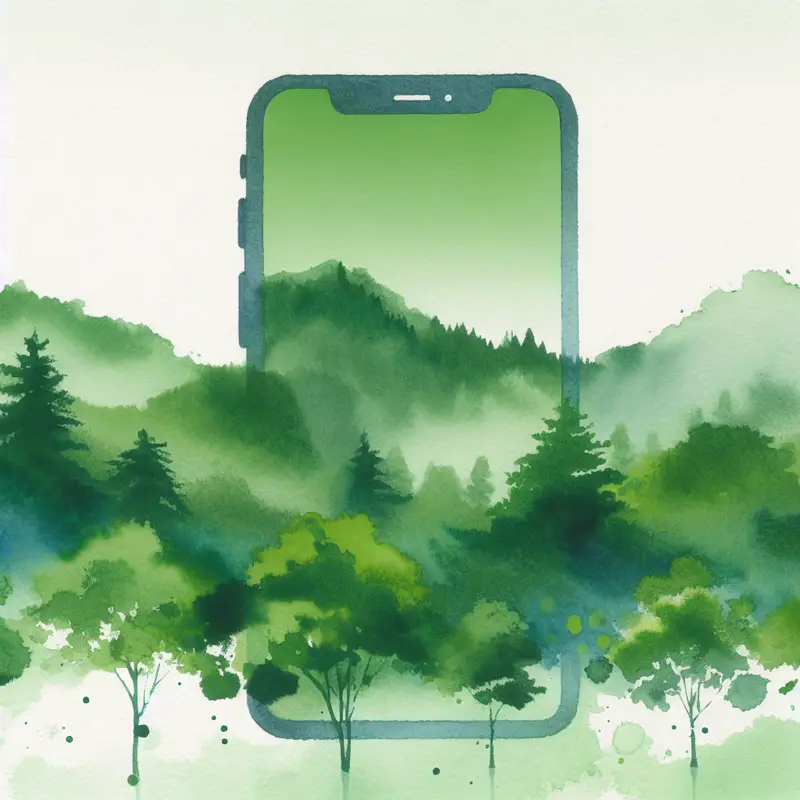Preying on the Exhausted
Published on March 23, 2025

It’s 2 a.m., and a late-night infomercial flickers on—some gadget promising to fix your life, and you’re half-reaching for the phone. Or you’re scrolling an app after a brutal day, too worn to stop. It’s not willpower failing—it’s exhaustion letting the hook in. When you’re beat, the pull hits harder. Ever cave when you’re too tired to care? That’s the ambush.
This is about how fatigue sets the trap, one angle in a six-part system that turns a nudge into a habit. We’re breaking it down here—how exhaustion primes you for the fall, not the fight. It’s in ads, apps, even the grind of life, and it’s relentless because it waits. Tired minds don’t resist; they fold. Let’s see how.
Why It Works: The Brain’s Weak Spot
Your brain’s a fortress—until it’s not. When you’re tired, the prefrontal cortex—the part that says “stop”—starts to shut down, while dopamine keeps humming. Matthew Walker’s Why We Sleep lays it out: fatigue slashes self-control, leaving reward-chasing wide open WhyWeSleep. Randomness grabs you, speed locks you, investment digs in, triggers tug back—fatigue makes them stickier. Maintaining that grip takes follow-ups, and they hit hardest when you’re low. It’s a system that waits for your battery to blink red.
We’re built to rest—sleep sharpens judgment—but skip it, and the loop takes over. When you’re spent, every prior hook lands deeper: one more pitch, one more scroll. Think of it as a gate left open when the guard’s asleep—exhaustion doesn’t just weaken you; it welcomes the pull.
Where It Hits: Screens and Stress
It’s not just late-night infomercials. Fatigue exploitation runs wide—midnight app scrolls when your mind’s mush, late demands stacking up after long hours. Ads catch you when your guard’s down—cheesy promises at dusk. Life piles on—stress, deadlines, no break. One’s a late pitch you can skip; the other’s a late load you can’t shake.
Both strike the same: exhaustion makes you ripe. An infomercial’s spiel finds you bleary; a tense day finds you brittle. It’s in your device, your deadline, your dusk—and it’s clever because it’s timed. When you’re worn thin, the hook doesn’t need to try hard—it just needs to show up.
The Cost: Will Overrun
Here’s the sting: fatigue hands over your reins, and maturity pays. Self-control runs on energy—exhaustion swaps it for autopilot. Infomercials steal rest with each “call now”; life steals resolve—focus frays, choices slip, follow-ups drain more when you’re beat. One’s a night lost to a sales pitch; the other’s a strength sapped by the grind.
The short-term hook is easy—dopamine fills the gap—but it doesn’t recharge you. Each tug when you’re tired pulls harder, not smarter. It’s a hook that thrives when you don’t, not one that builds you. This is one angle. The rest—five more—close the net. Want the full view? Keep reading.